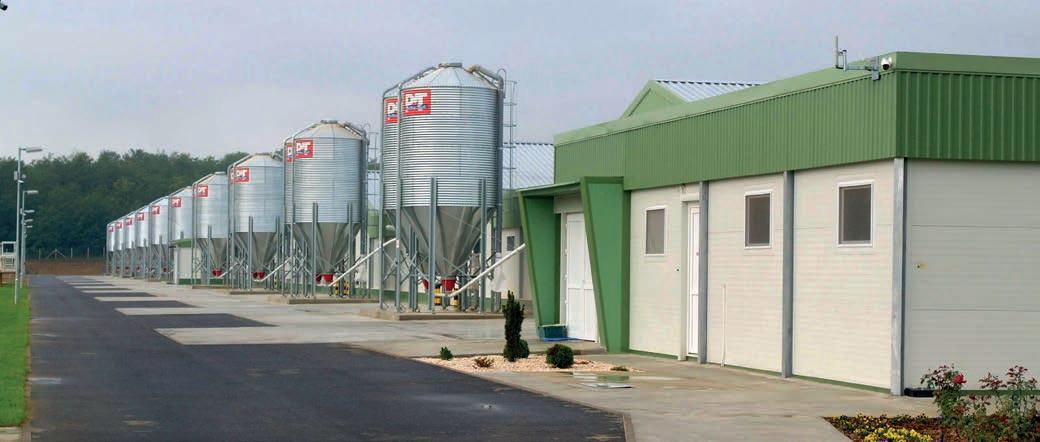MANAGEMENT
Best practice in management How management best practice can help support profitability on broiler farms. to expand significantly – by about 4% - by 2030.2 The poultry industry is faced with a simple question: how can we produce more while minimising cost and adhering to welfare and environmental standards? For producers, there is a more pressing question: how can we remain profitable? Successful broiler production is dependent on multiple factors, but robust management is key to success, creating as it does a strong foundation for growth and continued profitability.
©Cobb-Vantress
Early stages
In partnership with Cobb, this new series of articles will examine best practice in broiler production, featuring industry voices offering their own experiences and expertise. As the first of five, this piece focuses on best practice in management – how making smart and considered decisions can, even when small, result in greater performance and profitability. As global food demands continue to grow, chicken remains one of the most consumed meats on the planet, accounting for more than 35% of all meat consumption.¹ In the face of population growth and increasing wealth, just to retain this position will require increased production. In fact, according to a report by the European Commission, poultry meat is the only meat for which both EU production and consumption are expected
Sam Drummond, broiler farmer and manager of 20 sites across the UK, believes that the early stages are vital for the flock. “In the last five years, we’ve seen a number of changes” says Sam. “We’ve seen genetics get a lot stronger and with it an increased demand for higher performance. The brooding period is critical for the development of the bird’s health. We make sure they start off strong. From day zero we make sure that everything is in place to aid the development of the birds. Those first days are all about getting the foundations right, so they can achieve their full potential.” Creating the optimal environment for the birds during the brooding period is essential, as over heating/over cooling or too much or little light can impact performance. While breed guidelines are set and well documented, it ultimately falls on effective management to ensure this is acted upon. The producer must continually monitor not just the air temperature, but the temperature of the floor and litter, and make sure the relevant staff are trained and equipped to do so. Paying attention to the details at this
¹ https://www.statista.com/statistics/876672/global-market-share-of-processed-meat-by-meat-type ² EU Agricultural Outlook for markets and income 2018-2030, European Commission
44
- management -












